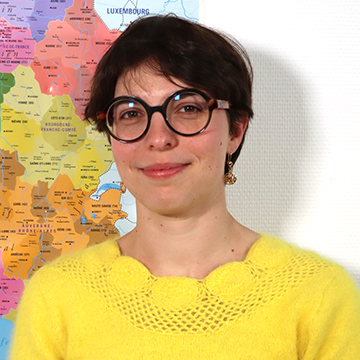As per the guidelines of CEFRL (Common European Framework of Reference for Languages) these are the things learners are supposed to be able to do once they are at the A1 level.
Listening: They can recognize familiar words and very basic phrases concerning myself, their family and immediate concrete surroundings when people speak slowly and clearly.
Reading: They can understand familiar names, words and very simple sentences, for example on notices and posters or in catalogues.
Spoken interaction: They can interact in a simple way provided the other person is prepared to repeat or rephrase things at a slower rate of speech and help them formulate what they are trying to say. They can ask and answer simple questions in areas of immediate need or on very familiar topics.
Spoken production: They can use simple phrases and sentences to describe where they live and people they know.
Writing: They can write a short, simple postcard, for example sending holiday greetings. They can fill in forms with personal details, for example entering their name, nationality and address on a hotel registration form.
In short, learners with a A1 level :
Can understand and use familiar everyday expressions and very basic phrases aimed at the satisfaction of needs of a concrete type.
Can introduce themselves and others and can ask and answer questions about personal details such as where they live, people they know and things they have.
Can interact in a simple way provided the other person talks slowly and clearly and is prepared to help.
Administrative importance:
The A1 level in French asked for the 4 years titre de séjour. This can be justified with a DELF, TCF or equivalent certificate of A1.


